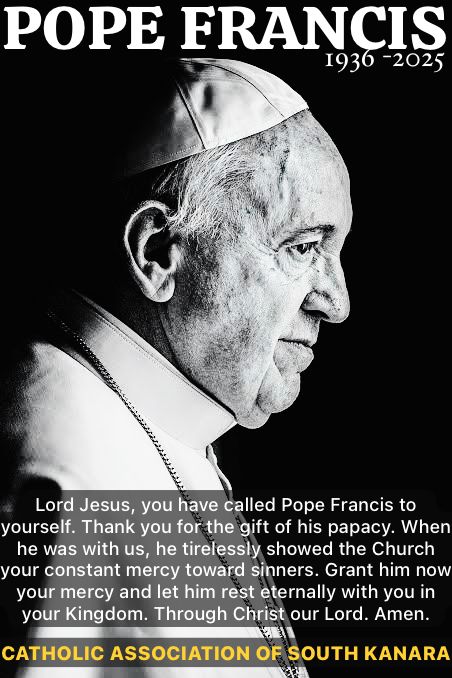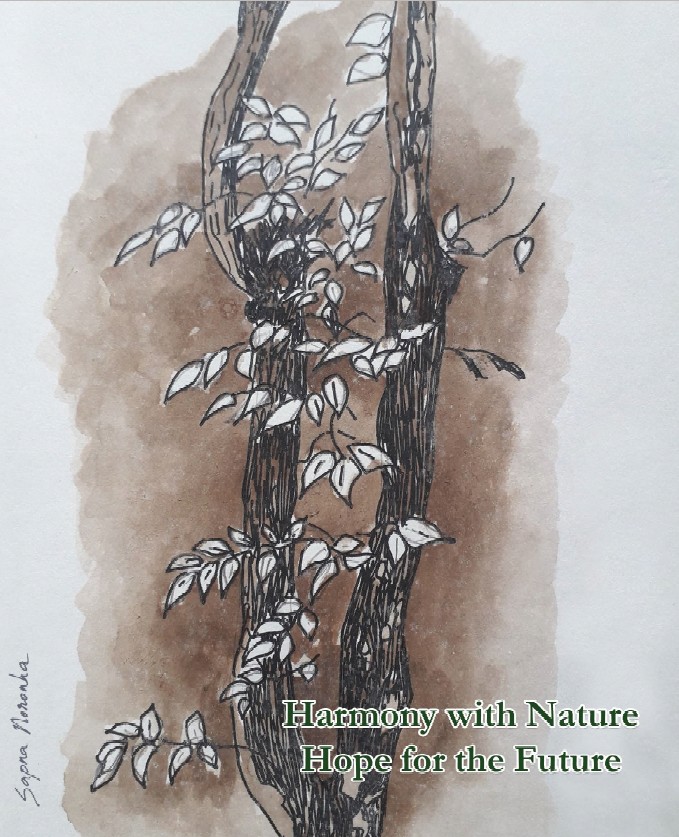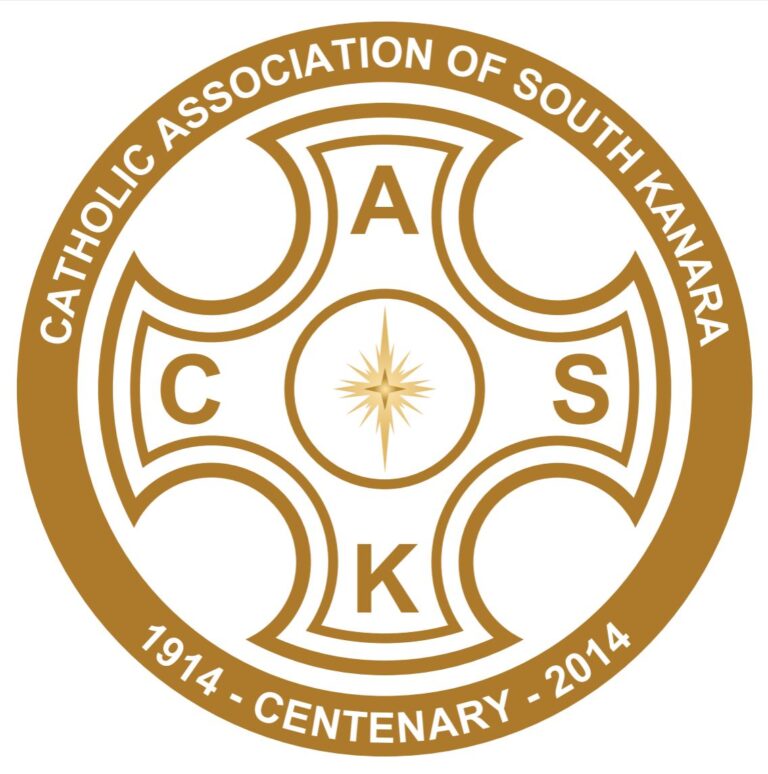
Pope Francis, born Jorge Mario Bergoglio, the first Latin American pontiff and a transformative figure in the Roman Catholic Church, passed away on April 21, 2025, (Easter Monday) at the age of 88, at his residence in the Vatican’s Casa Santa Marta. The Vatican announced his death, attributing it to a cerebral stroke followed by heart failure, just one day after he blessed thousands from St. Peter’s Square during Easter Sunday Mass.
Born on December 17, 1936, in Buenos Aires, Argentina, to Italian immigrant parents, Francis grew up in a modest, faith-filled household. His early life was marked by diverse experiences—working as a nightclub bouncer, studying as a chemical technician, and surviving a severe respiratory infection that required partial lung removal. At 21, he joined the Jesuit order, a decision that shaped his commitment to social justice and pastoral care. Ordained in 1969, he rose to become Archbishop of Buenos Aires in 1998 and a cardinal in 2001, gaining a reputation for humility and advocacy for the poor.
Elected pope on March 13, 2013, following Pope Benedict XVI’s historic resignation, Francis broke new ground as the first Jesuit, first Latin American, and first non-European pope in over a millennium. Choosing the name Francis, inspired by St. Francis of Assisi, he signaled a papacy rooted in simplicity, poverty, and care for the marginalized. Rejecting the opulent papal apartments, he lived in the modest Casa Santa Marta guesthouse, shunned limousines, and embraced a hands-on, approachable style—famously paying his own hotel bill after his election.
Francis’ 12-year papacy was defined by efforts to make the Church more inclusive and responsive to modern challenges. He championed the poor, migrants, and the environment, criticizing unbridled capitalism and climate change inaction. His 2015 visit to the United States, addressing Congress and the UN, called for action on poverty and immigration, while his outreach to Cuba facilitated renewed US-Cuba ties. He condemned wars, notably in Ukraine and Gaza, advocating for peace and a two-state solution in the Middle East.
His progressive stance—allowing blessings for same-sex couples (2023), softening rules for divorced Catholics, and engaging with LGBTQ+ communities—sparked both admiration and controversy. Conservatives, including US clerics, criticized his reforms as diluting doctrine, while progressives felt he didn’t go far enough on issues like women’s roles or clerical abuse transparency. Francis tackled Vatican scandals, reforming the Curia and prosecuting financial crimes, though critics noted persistent challenges.
Despite health struggles—chronic lung issues, double pneumonia in 2025, and mobility challenges requiring a wheelchair—Francis remained active, defying doctors’ orders to lead Easter services. His final op-ed, published posthumously, urged peace in the Middle East, reflecting his unwavering commitment to global harmony.
Francis canonized more saints than any predecessor, including Mother Teresa in 2016, and appointed diverse bishops, reshaping the Church’s leadership. His legacy is one of empathy, humility, and dialogue, leaving a Church more open but deeply polarized.
Pope Francis, earned several nicknames during his life and papacy, reflecting his personality, leadership style, and global impact. These nicknames, drawn from media reports, public sentiment, and his own actions, highlight his humility, accessibility, and focus on social justice. Below is a list of notable nicknames:
- The People’s Pope: Highlighting his approachable, humble nature, seen in his preference for simple living (e.g., shunning lavish papal quarters) and direct engagement with crowds. Widely used by outlets like Time magazine after his 2013 election.
- The Pope of the Poor: Reflecting his advocacy for the marginalized and criticism of economic inequality, rooted in his Buenos Aires ministry and inspired by St. Francis of Assisi.
- The Green Pope: Earned for his environmental focus, especially after the 2015 Laudato Si’ encyclical urging climate action, resonating with global activists.
- The Reformer: Used by media like The Guardian for his efforts to modernize the Vatican, including financial reforms and progressive stances on issues like same-sex blessings.
- The Jesuit Pope: Noting his historic role as the first Jesuit pope, emphasizing his intellectual and service-oriented approach, evident in diplomatic efforts like US-Cuba mediation.
- Papa Francesco: An affectionate Italian term used by Catholics, especially in Italy, for his warm, pastoral style, heard during Vatican gatherings.
- The Slum Bishop: From his time as Archbishop of Buenos Aires, where he worked closely with impoverished communities, a nickname reflecting his grassroots commitment.
He is survived by the 1.4 billion Catholics he led and a world touched by his call for fraternity. His body will lie in state at St. Peter’s Basilica, with a funeral set for April 26, 2025, followed by burial in a simple wooden coffin at Santa Maria Maggiore, per his wishes.
Pope Francis leaves behind a vision of a Church for the poor and the planet, remembered as a pastor who walked with the marginalized, even as he navigated a divided faith. His words from 2013 endure: “Let us pray for the whole world, that there may be a great spirit of fraternity.”


